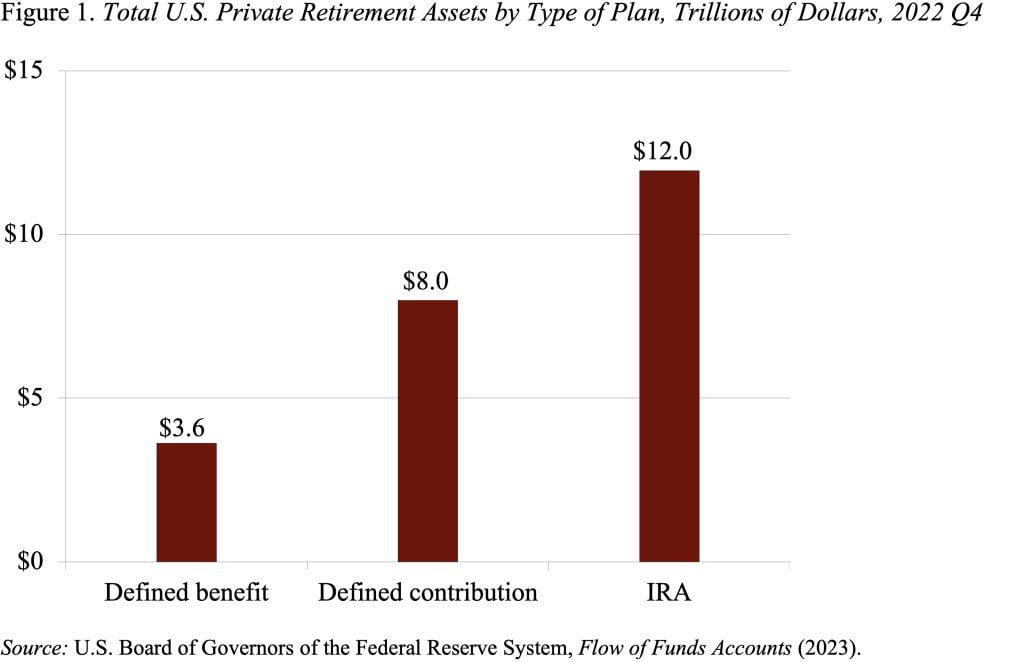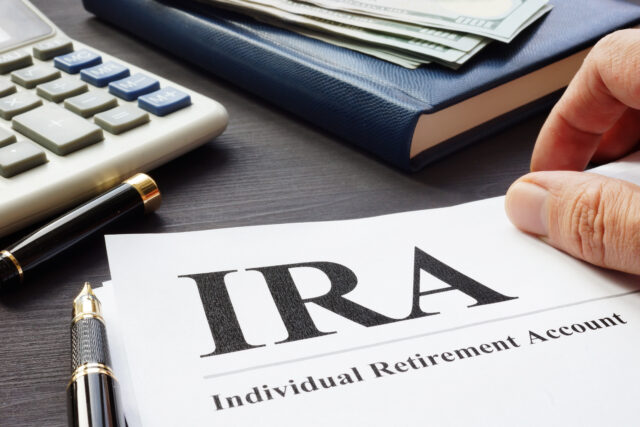
President Biden’s Proposals to Control Conflicted Advice Will Improve Retirement Security
Alicia H. Munnell is a columnist for MarketWatch and senior advisor of the Center for Retirement Research at Boston College.
Protecting savers from rollovers to IRAs with high-fee mutual funds is particularly important.
President Biden has announced that the Department of Labor will propose a new rule – the Retirement Security Rule – to extend fiduciary standards and close loopholes to protect people saving for retirement against conflicted advice. Ensuring that financial advisers make recommendations in the saver’s best interest will increase returns and make for a more secure retirement. Indeed, fees matter a lot: an additional 100 basis points over a 40-year period reduces final assets by about one-fifth.
Candidly, I haven’t been thinking about the whole issue of conflicted advice for a while. I thought we had everything under control.
DOL regulations regarding advice to employer-sponsored plans are governed by ERISA’s fiduciary rule, which requires that recommendations are made in the best interest of the client. DOL has made numerous attempts to ensure that savers would get advice from fiduciaries – albeit not always successfully. With regard to IRA rollovers, IRS regulations require that fiduciaries not “self-deal.”
Broker-dealers are regulated under the Securities Exchange Act of 1934 through a self-regulatory organization, the Financial Industry Regulatory Authority. In 2019, the Securities and Exchange Commission (SEC) imposed a new standard of conduct that went beyond the “suitability” of an investment to require that broker-dealers act in the best interest of their customers – Regulation Best Interest, or Reg BI.
Despite the progress, the Biden administration has identified significant loopholes. The new DOL rule does three things:
- Broadens the range of products subject to the “saver’s best interest” requirement to include commodities and insurance products (like annuities) – products not currently covered by the SEC’s Regulation BI.
- Covers all advice to roll over assets from employer-sponsored plans to IRAs. Under ERISA, advice provided on a one-time basis, such as that pertaining to a rollover, is not currently required to be in the saver’s best interest.
- Covers advice to plan sponsors regarding investment options. Currently such recommendations to plan sponsors, including small employers, is not covered by the SEC’s Reg BI.
A reporter asked what I thought was the most important of the three proposed changes. In my view, it’s no contest – extending protections on rollovers from 401(k)s to IRAs. While 401(k) plans have spread dramatically, they have essentially turned into a collection mechanism for retirement savings; participants eventually roll over the bulk of the money into IRAs. Today, IRA assets exceed those in 401(k)s by 50 percent – $12 trillion compared to $8 trillion (see Figure 1).

The rollover of balances from 401(k)s to IRAs is extraordinary given that participants are typically passive in their interactions with their 401(k) plans. They rarely change their contribution rate or rebalance their portfolios in response to market fluctuations. Thus, one would think that the force of inertia would lead participants to leave their balances in their 401(k)s. The fact that participants actually take the trouble to move their funds suggests a strong motivating force. Some households may be attracted by the opportunity to obtain a wider menu of investment options or to consolidate their account holdings. But others may be seduced by advertisements from financial service firms urging participants to move their funds out of their “old,” “tired” 401(k) plan into a new IRA.
The assumption by participants must be that the firms advertising rollovers are operating in the participants’ interest, but, in fact, participants very often are moving from fiduciary protection and low-fees into an unprotected arena where their assets will be invested in high-fee mutual funds. So, making sure that advisers are acting in the saver’s best interest when considering a rollover is hugely important.







